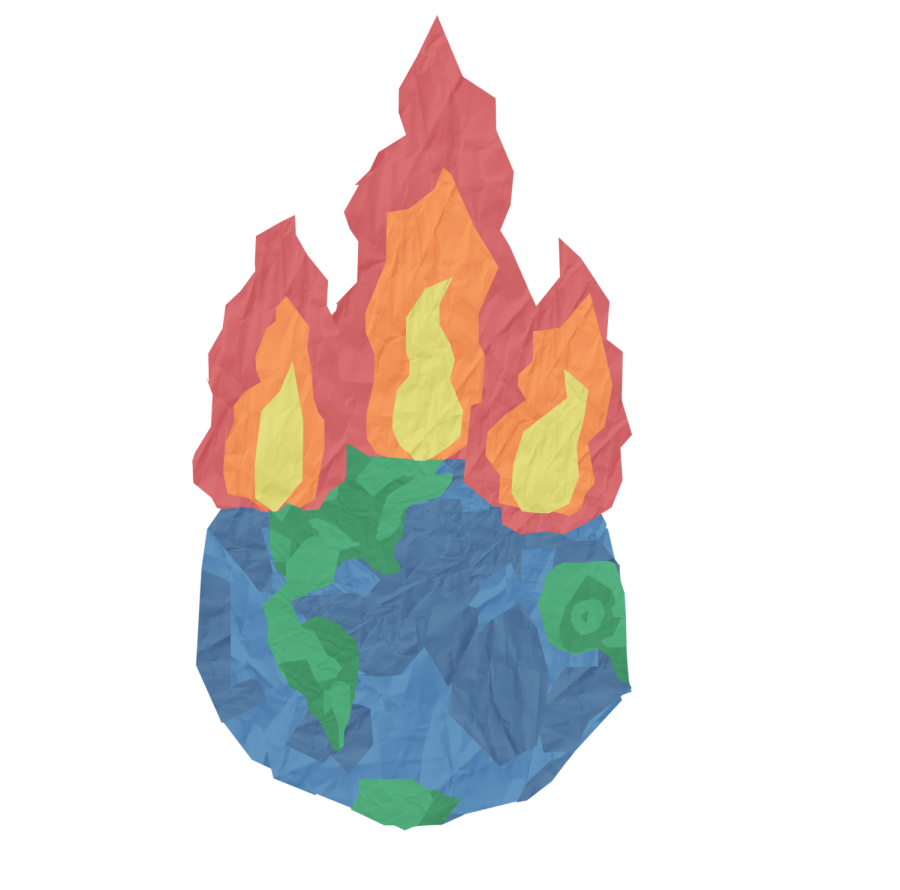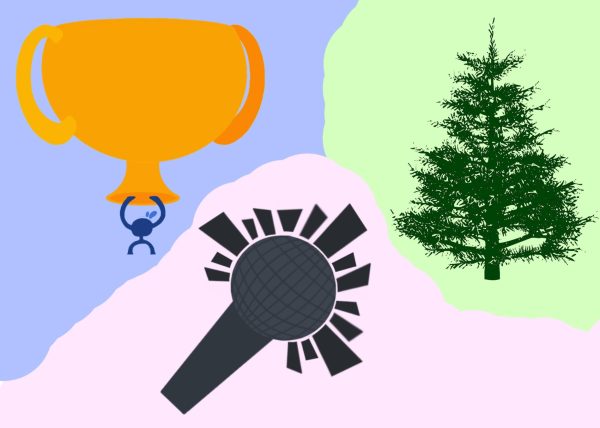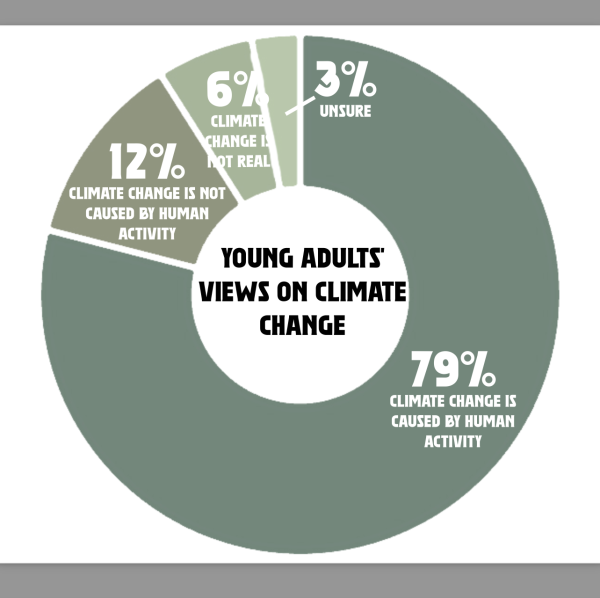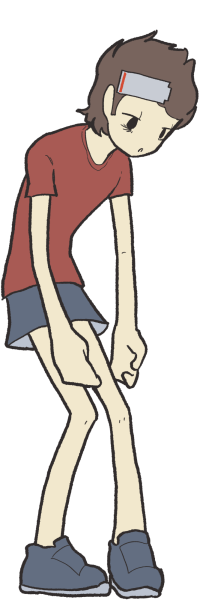Respecting our planet
March 17, 2023
In only the past month, humankind has committed and proposed some of the most severe desecrations of nature seen in this past decade.
We, as a human race, need to take accountability for not only protecting the nature that shares Mother Earth as a habitat, but also making certain that we are nurturing and ensuring our planet can grow to retain its beauty and serenity for generations to come.
On Feb. 3, a freight-train carrying the chemical known as vinyl chloride derailed in East Palestine, Ohio, a small town about 50 miles northwest of Pittsburgh, according to The New York Times. The spill posed, and continues to pose, a threat not only to human life and well-being, but to environmental health as well. Vinyl chloride, which can cause lung cancer if inhaled in excess, along with numerous other chemicals, spread into the air, surface soil, and water. The Ohio Department of Natural Resources stated that by Feb. 23 the spill had affected around seven-and-a-half miles of the stream. An estimated 38,222 minnows perished due to the chemicals in the surrounding waterways, along with approximately 5,500 other aquatic species, including crayfish and amphibians.
One jarring ecological consequence that has yet to be examined is the status of the local endangered hellbender salamander, according to Gregory Lipps, a herpetologist at Ohio State, who led the effort in reintroducing the aquatic species to the wild. Around 250 hellbenders have been released since 2014, in sites near the areas where dead fish have been examined since the spill.
The most painful aspect of the spill, I believe, is how preventable it was. This environmental and ecological disaster with its puzzle of consequences yet to even take full shape could have been stopped.
In a report released on Feb. 23, The National Train Safety Board determined that an alarm did not operate correctly, and failed to alert the crew to an overheating wheel bearing. This malfunction of safety measures raises questions about how closely chemical transportations are monitored and secured, and how accountable companies transporting said chemicals are when incidents such as this spill occur.
Norfolk Southern, the train-operating company with ownership over the crashed locomotive, needs to be held accountable for this environmental disaster. Both the companies that ship chemicals and those that order them for use need to establish greater safety measures that will prevent environmental crises in the future. On March 7, The National Train Safety Board confirmed an ongoing special investigation into Norfolk Southern, The New York Times reported. This investigation is a step in the right direction, and one can only hope that it will result in a safer transportation system.
Another severe threat to the environment and the Earth’s climate that has recently arisen is the Alaskan Willow Project.
The project, which has just been passed by the Biden administration on March 13, is one of the largest drilling ventures seen by the United States government in a decade, CNN reported.
If action proposed in the plan is carried out, large areas of the Alaskan wilderness will become industrialized oil fields, destroying the habitats of thousands of native wildlife along the North Slope borough.
The project will also only add to the “carbon bomb” which continues to loom over the heads of all the Earth’s inhabitants.
Millions upon millions of barrels of oil won’t be the only product of the drilling—a monumental release of carbon dioxide into the atmosphere would accompany the profits supporters of the project seek. The Biden administration itself estimates that 9.2 million metric tons of planet-warming pollution, equivalent to 2 million gas-powered cars, would become trapped in the earth’s atmosphere.
This destruction of the environment, especially in an environment as diverse and as beautiful as the North Alaskan wilderness, is a crime against earth.
Nature offers humanity a connection that cannot be simulated. It’s a connection that cannot be found through creations of our own or through the innovations of those who have come before us.
Every person on the planet owes the Earth. It’s given everyone the ultimate gift of life, and we as humans forget that far too often.
I fear a future in which there are no woods to stroll through. No creeks in which to observe all sorts of aquatic critters swim upstream. No birds singing their love songs in the golden rays of a hazy spring morning.
With every mass drilling project and chemical spill that occurs, we’re taking the grandeur of nature away from not just our generation, but every generation that comes after us. It’s not only horrific, but it’s selfish.
We are not a separate entity from mother nature. Each person is nature. You and I. And if we’re not careful—
We’ll lose the roots of our own existence.















